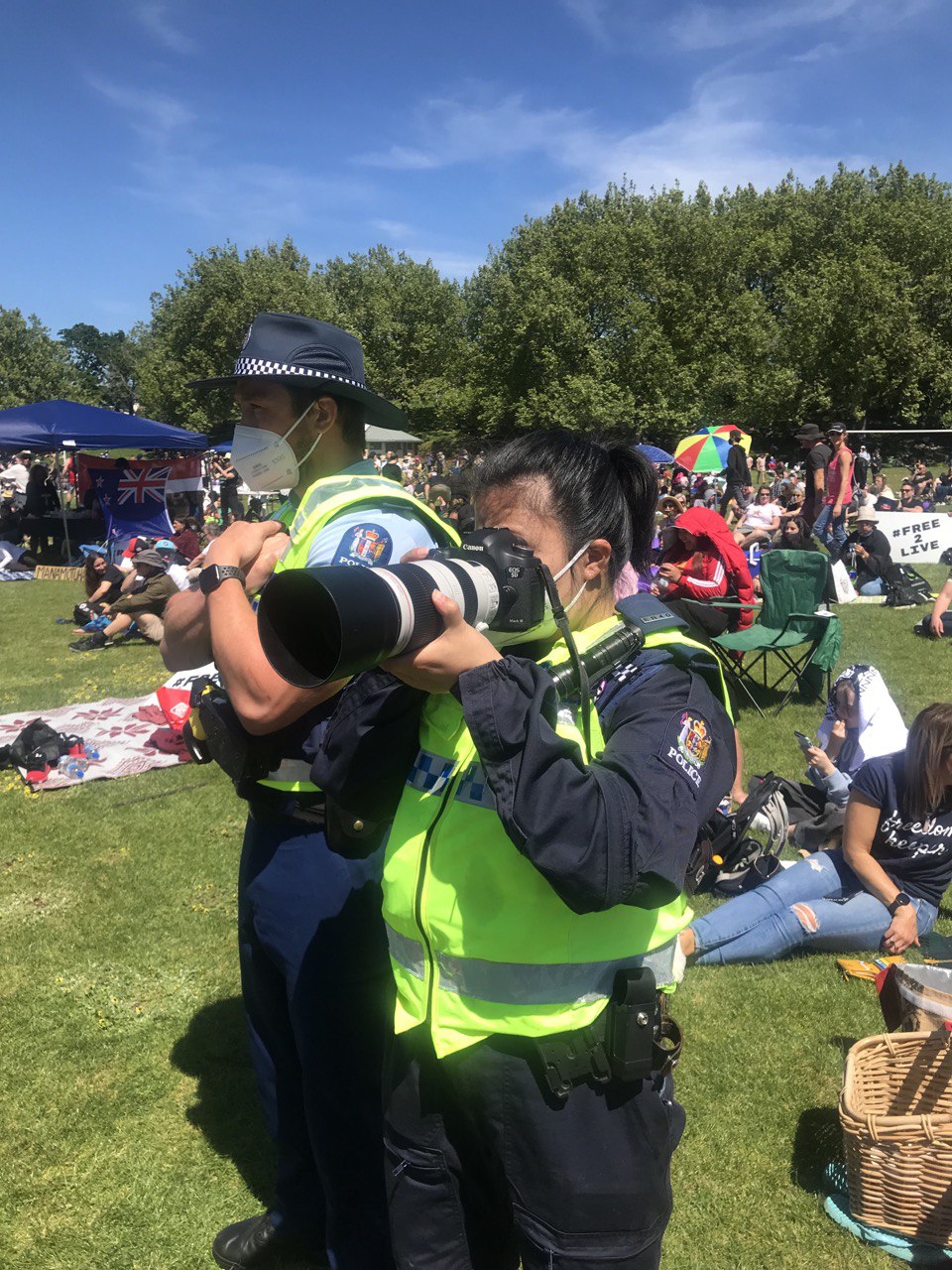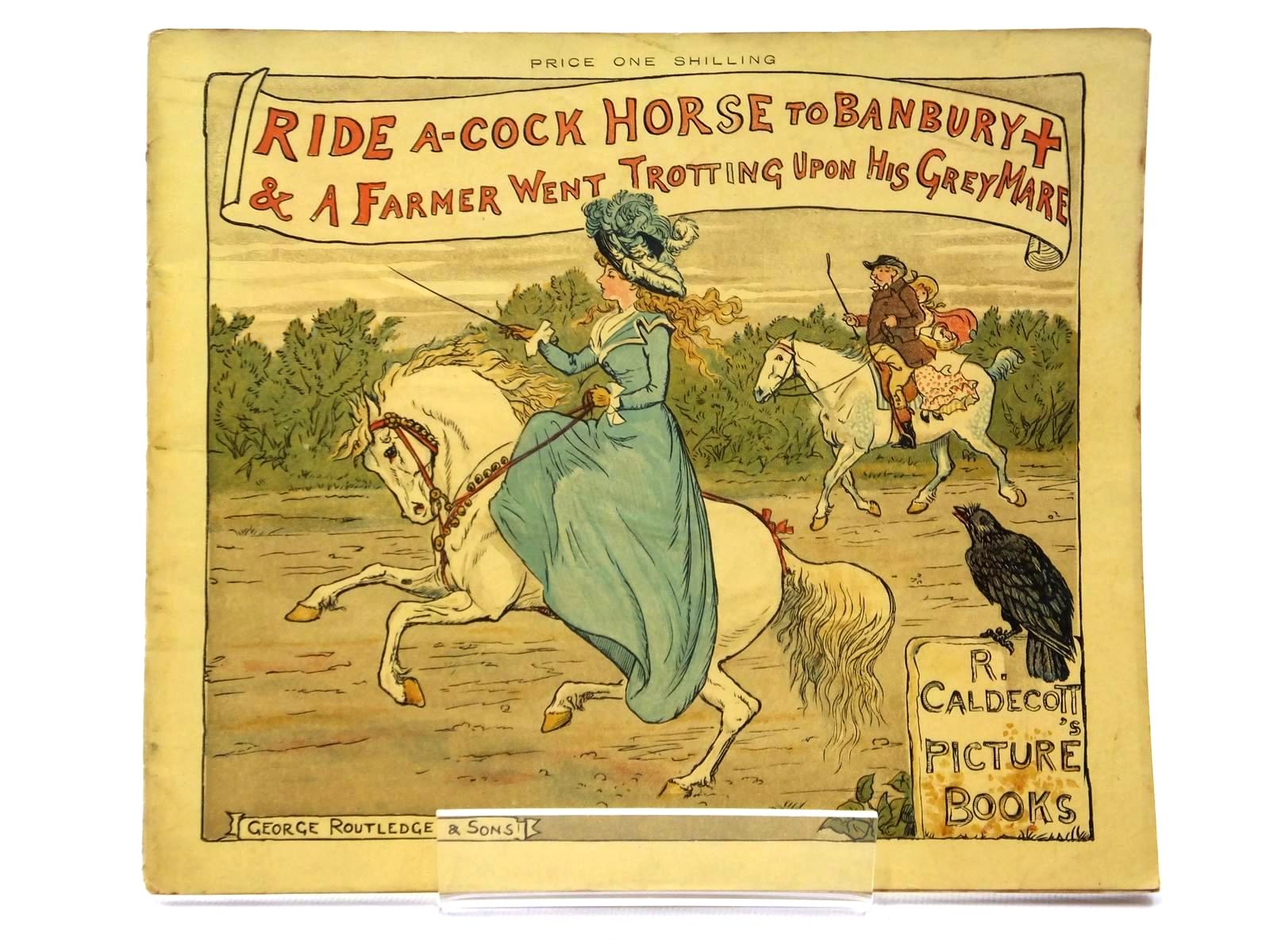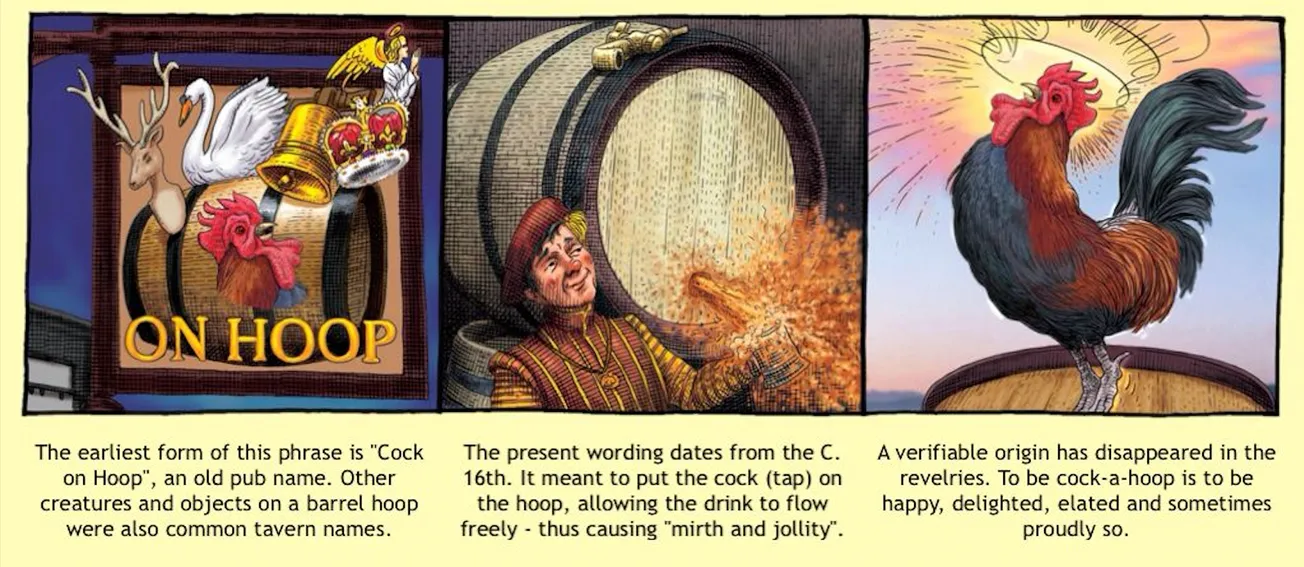Table of Contents
KSK
The organisers and attendees of the park protests this weekend have every reason to be cock-a-hoop about their achievement, even in the face of impending and threatened prosecution. The numbers were impressive; reported attendance varied widely, but thousands arrived to make their feelings known and to picnic in bubbles on blankets. It all looked fun and a peaceful, effective way to protest, and they hopefully enjoyed a laugh or two along the way, despite the “creepy little copper”.

During life in the time of Covid, we have lost so many of life’s previously taken-for-granted rights and day-to-day freedoms. We have also lost our sense of humour, as life is pretty grim these days. If laughter is the best medicine, it is a commodity now in rather short supply. And so it was good to chuckle over the New York Post (16 September) article about Facebook having banned a post about a Norfolk, UK canal because of its ‘obscene’ name, declaring it to be hate speech. The waterway concerned? Cockshoot Dyke, which reportedly leads to Cockshoot Broad. The canal is now deemed to be profanely named and Facebook, in its ignorant ‘wisdom’, removed the post, saying it contained “violence and sexual content”. Not content with that, they went on to ban any mention of the name.
Cockshoot is a hunting term that refers to the woodcock, a wading bird, and its pursuit by keen hunters. A dyke, being a watercourse or ditch, is equally innocent and not at all potentially sensitive in its meaning here. A dyke is also a dam or embankment to prevent flooding or control water. As children, many of us learned about the little Dutch boy who put his finger in the dyke/dike to save his town; an unlikely way to prevent the incursion of the sea – but won’t Facebook have a field day with that.
And so we have it. Hate speech for a wading bird and a body of water. The Facebook interpretation is a prime example of the nonsense that becomes a different reality when an ill-informed and illiterate public applies an absurdly incorrect meaning to a time and place, as in this case, embedded in inoffensive activities and accurate naming conventions.
So how far does this go? Will it be cock-a-doodle-don’t? Ride a cock-horse? Banbury Cross will never be the same. And closer to home, Woodcocks was a locality west of Warkworth in Rodney and was named for the well-respected Woodcocks family who lived there in the late 1800s. So it was that their address was the Woodcocks, of Woodcocks Rd, Woodcocks. The wokesters can have a field day with that.
The deeper meaning here is sinister and part of the ‘woke’ cancel culture. Can we apply the same reasoning to the differing translations/meanings/interpretations/thoughts/feelings/wishes to the problems we have with Te Tiriti? If we can find hidden meanings and put a modern spin on the poor old woodcock, what can be, and has been, assigned to the Treaty?
A different time with different understandings of language and its meaning can and does bring about unintended consequences. Language evolves. That is not a problem. The problem arises when a later meaning is ascribed to an earlier one, saying that 2+2 = 4 when it is highly likely that, as in this case, 2+2 has been made to equal 52. A time trap of meaning.
Look out, Washdyke. The linguistically enlightened are coming for you too. Never mind that pioneer runholders, George and Robert Heaton Rhodes, dammed the stream to create a pool for washing their sheep before shearing them, literally and accurately a wash dyke.
And just what was a cock-horse? Wikipedia suggests several meanings are possible, from an entire or uncastrated horse to one of high spirits used to assist in pulling a cart or carriage up a hill. It also meant an adult’s knee or a pretend hobby horse. Or again, ‘a-cock-horse’, meaning to ride astride.
Language is more than words.










